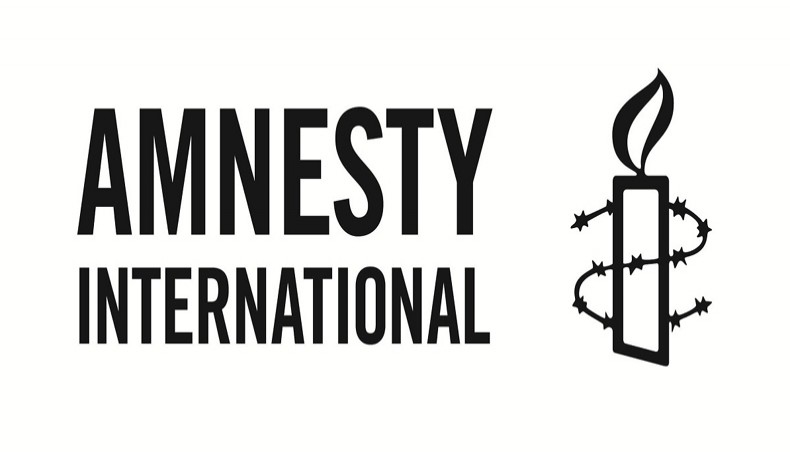
Amnesty International has said the International Criminal Court’s decision is a significant step in the right direction which opens up a clear avenue of justice for the Rohingya who were driven out of their homes, often as soldiers opened fire on them and burned down their villages.
The comment came following the ICC ruling on Thursday that it has jurisdiction over Myanmar’s deportation of the Rohingya population to Bangladesh, a crime against humanity.
Amnesty International’s South Asia director Biraj Patnaik said during the Myanmar military’s horrifying campaign of ethnic cleansing more than 725,000 Rohingya women, men and children were deported to Bangladesh.
The Court has sent a clear signal to the Myanmar military that they will be held accountable, said the AI.
‘Forced deportation is just one of a raft of crimes committed against the Rohingya.
Amnesty International has documented extensively how the military’s crackdown also included murder, rape, torture, forced starvation, the targeted burning of Rohingya villages and the use of landmines,’ said Biraj Patnaik.
‘While we welcome the ICC’s decision, the international community must see it as a spur to further action. In particular, the United Nations Security Council should still refer the situation in Myanmar to the ICC, so that the Court can investigate all crimes against humanity committed against the Rohingya, as well as the military’s crimes against other ethnic minorities in Kachin and northern Shan States.’
On 9 April 2018, the Office of the Prosecutor of the International Criminal Court requested a ruling to clarify whether the Court has jurisdiction to investigate the alleged deportation of more than 725,000 Rohingya women, men and children from Myanmar to Bangladesh since 25 August 2017.
As Myanmar is not a state party to the Rome Statute of the ICC, serious violations taking place within its borders do not typically fall under the Court’s territorial jurisdiction, barring acceptance of the Court’s jurisdiction by the Myanmar authorities or a referral by the United Nations Security Council.
However, Bangladesh is a state party to the ICC, and the court found that it had jurisdiction over the crime against humanity of deportation as an element of that crime was completed on the territory of Bangladesh.
The court also found that as the Rohingya had been unlawfully compelled to remain outside their own country and to live in appalling conditions in Bangladesh, the ICC may have jurisdiction over the crime against humanity of persecution and or ‘other inhumane acts’ which it said constituted a severe deprivation of the Rohingya’s fundamental human rights.
Source: New Age.

